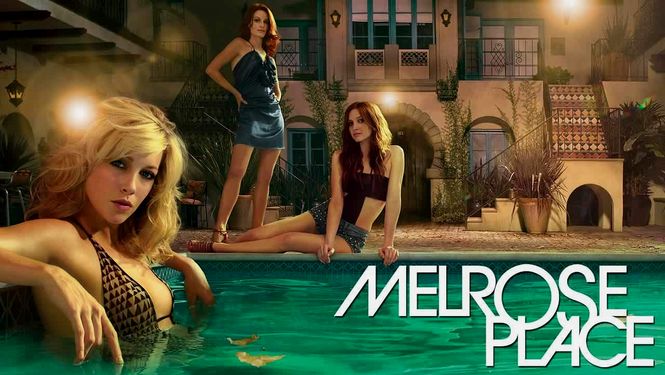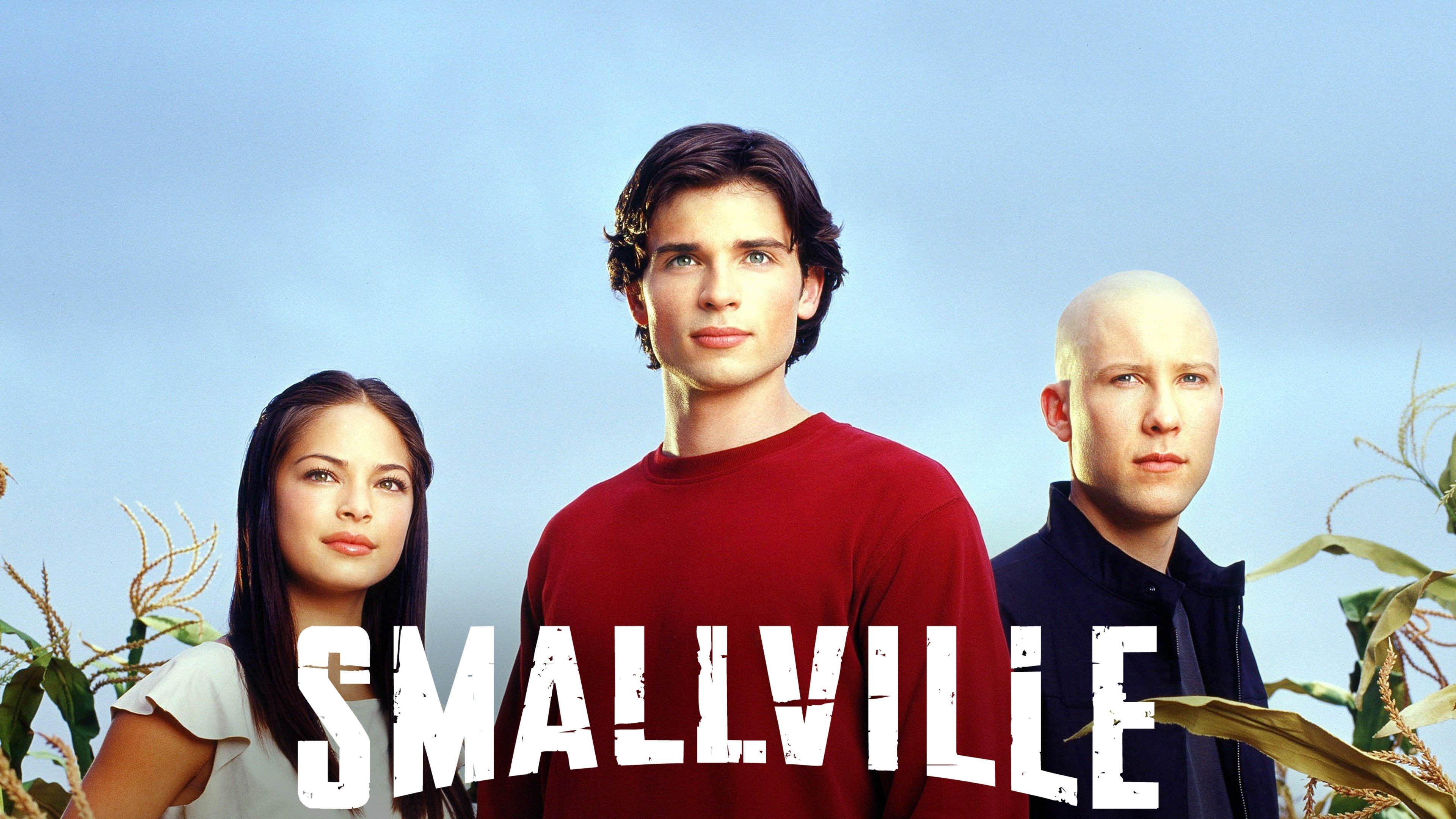7 Tips on Becoming a TV Writer from Showrunner Todd Slavkin
March 31, 2023
Writer Todd Slavkin has one of those long and fruitful television careers many of us dream about. He and his writing partner, Darren Swimmer, have been showrunners for numerous shows including Smallville, Melrose Place 2.0, Shadowhunters and The Mysterious Benedict Society, for which Slavkin was nominated for two Emmys. With a wealth of experience getting into writers rooms himself and now, hiring writers to populate his shows, Slavkin has kindly shared his generous advice for writers who want to get started in television.
Slavkin grew up in Los Angeles, but didn’t come from a show biz family. He met Darren Swimmer in Middle School where they first began collaborating on music. Eventually, they began working on film scripts together and their partnership has been going strong ever since. Though Slavkin studied film at USC, he credits his job working at a video store (remember those?) with helping him get his first agent. The writing team sold their first film script in 1990 and for the next 12 years, made a living selling spec scripts and pitches. Then came the transition to TV and they never looked back.

“Smallville was the first television job I got. My writing partner and I started as executive story editors and then kind of worked our way up over seven seasons to eventually take over and run that show with Kelly Souders and Brian Peterson, our brother and sister from another mother.” He says they remain close friends with Souders and Peterson to this day. But Slavkin’s first original TV pilot was for the reboot of Melrose Place.
“It didn't last long, only 18 episodes,” says Slavkin, adding, “But it was a dream come true, especially as a kid that lived in Los Angeles in an apartment building with all my friends. It was, basically just like my real life!”
Since then, Slavkin and Swimmer have continued being sought-after showrunners, and also get hired to work with writers who’ve never done television before. “We come on board to run that show and kind of teach them the ropes,” he says.
But getting to that place of being a paid TV writer, either on staff or selling an original pilot, can be a long, difficult road. There are many ways to get there, but none of them are easy in such a competitive industry, according to Slavkin. Here is a list of his best advice for becoming a professional TV writer.

No. 1 - Start at an agency
There are a number of skills you can learn from working at an agency, especially if you’re coming straight out of college. There’s industry lingo, dealing with fast-paced workflow, meeting film and TV writers and even simply learning the best way to answer a busy phone will help you tremendously once you’re working for a show.
“I think it's a really smart thing to work in an agency before you go right to [TV writing],” says Slavkin. “It's funny because I did that for a short time and when I'm hiring people as a show assistant, almost all the resumes come from agencies. For me, I know that person is going to be able to handle stress. I know they're going to be good on the phone. I know they're going to have a professionalism about them because they've kind of been through that training ground,” he says.
Slavkin wants to make clear that working at an agency isn’t mandatory for getting a job in TV, it’s just one possible path.
No. 2 - Become a production assistant (PA) for a TV show
Yes, becoming a writer’s assistant or script coordinator can definitely lead you on the path to a staff writing job, but these days, those jobs are union jobs (usually IATSE Local 871), which adds to the competitiveness. Slavkin says you may need to start lower on the totem pole as a PA. But swallow your pride at the door.
“A PA is a waiter on wheels, basically,” he says. “In all seriousness, a really big part of the day in the writers room is your meal. Delivering their food also gives you an opportunity to bond with writers. I know that sounds beneath many people who've gone to Fancy Pants colleges and now here they are, serving these people food, but it's actually a really good time to bond.”

No. 3 - Become a showrunner’s assistant
A step up from PA, is the showrunner’s assistant. It’s still a lot of grunt work, like answering phones, keeping track of schedules, taking notes of calls with the studio or network, but with the job comes mentorship. “You get to participate in everything that [the showrunner] does. I'll take our assistant to the mixes and the coloring sessions, and I want them to sit in on all the notes meetings and all the production meetings. It's kind of a version of graduate film school when you're working for someone like myself.”
No. 4 - Become a writer’s assistant
When you’re in the writers room, you're basically a stenographer, keeping track of all the ideas that are floating around and bouncing off the walls at a million miles an hour – and it can be difficult. “You have to really listen and have phenomenal memory skills and typing skills. Once the room is done, the writer's assistant will work for hours afterwards to compile the notes into a readable document that they will share with the entire staff at the end of the evening so that all the writers have a record of what went on in the room.”
No. 5 - Become a script coordinator
The script coordinator proofreads all the scripts – one of the most important production jobs because you’ll be dealing with the assistant directors. You are basically the point person from the writer’s room to the production staff.
“Many script coordinators will be asked to sit in the writer's room so you get a feel of what the show is all about and the tone,” says Slavkin. The script coordinator usually works very late hours, trying to make sure the script is in perfect shape. “You might get a script at 6 p.m. that night and it can take four hours to proof that script and then distribute it to the entire production. You must be very detailed oriented because you can’t really make mistakes,” he says.
For any of the assistant jobs, Slavkin says you’ll need to be proficient in using Final Draft 12 software, since it’s the software most used in television.
No. 6 - Express your desire to be a TV writer
Having the goal of becoming a professional writer matters a lot when you’re looking for a job in TV. “I only want to hire someone that wants to be a TV writer,” says Slavkin, adding, “I will always read someone's script before I hire them because I like mentoring quite a bit and it's important to hire someone where I can see their potential as a creative force down the line.”
He says that if you’re applying to work at an agency, however, you probably don’t want to reveal your dream to become a writer. Agents usually only want to mentor young agents and might feel like they’re being used as a stepping stone if you have other plans, so in that situation, it’s best to just say you’re not sure what you want to do or be vague about it.
No. 7 - Have your own polished TV spec script
Even if you’re trying to get that first job as a PA, spend time creating an original pilot. If possible, have more than one pilot in different genres as writing samples.
“You might have an adventure pilot, or you might have a science fiction pilot – so if a job opportunity comes up on a show like Shadowhunters, you’ll have a genre script. If it's a show like This is Us, [your sample will be] this character-based kind of soapy thing,” he says.
To be clear, he’s not looking to buy any of these original pilots or staff the writer based on their pilot, he just wants to make sure they have potential.
“I'm looking for great moments [in your script] and I'm looking for the ability to use words. If someone gives me a sample and there's tons of typos, it makes no sense and the dialogue is terrible, that's a pass for me – even if they're really good in the room and they're smart and charming. I really want to be able to say, ‘You really are talented!’ and mean it.”
Final Draft is incredibly grateful to Todd Slavkin for sharing this advice.
Written by: Shanee Edwards
Shanee Edwards is an L.A.-based screenwriter, journalist and novelist who recently won The Next MacGyver television writing competition to create a TV show about a female engineer and was honored to be mentored by actress/producers America Ferrera. Shanee's first novel, Ada Lovelace: The Countess Who Dreamed in Numbers was published by Conrad Press in 2019. Currently, she is working on a biopic of controversial nurse Florence Nightingale. Shanee’s ultimate goal is to tell stories about strong, spirited women whose passion, humor and courage inspire us all.- Topics:
- Discussing TV & Film




